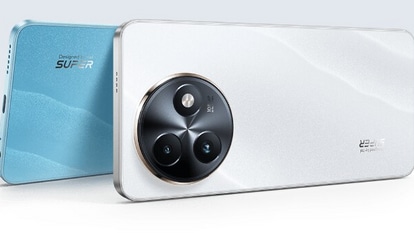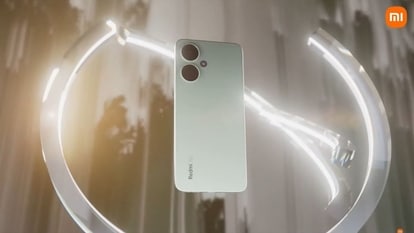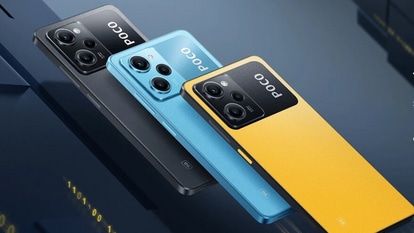Tech wrap: Snap acquires deepfake startup, Y2K-like bug affects NYC parking meters, and more
A software bug in the New York City parking meters has resulted in a mass malfunction. Here are some of the top tech stories of the week you may have missed.
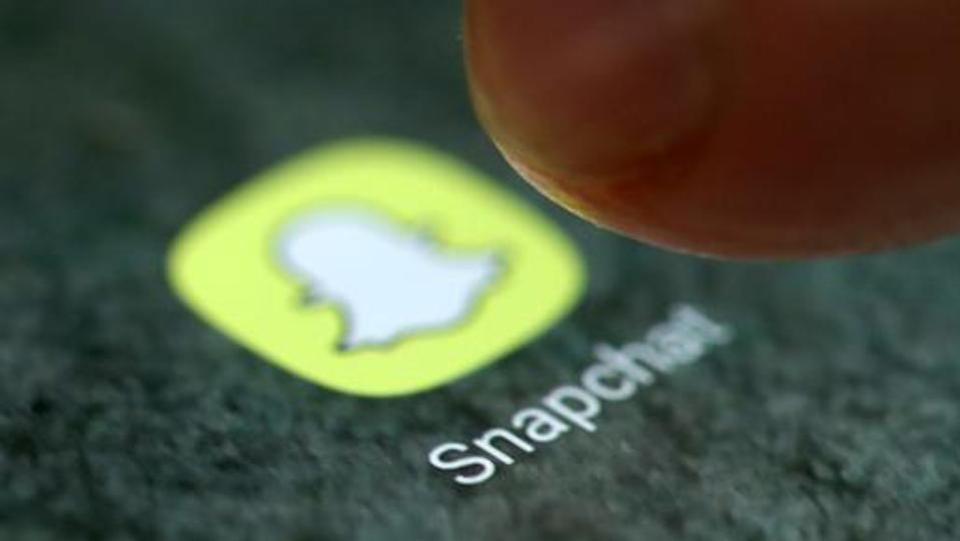
Snapchat's parent company Snap has reportedly acquired AI Factory, an image and voice recognition startup for its deepfake-style technology.
As Variety notes, Snap used AI Factory's tech to build the newly released Cameos feature that allows users to insert a selfie onto a singing bird, a talking cat, even onto other people and share as a looping video.
Snap reportedly paid AI Factory $166 million under the deal.
Deepfake is a growing threat in the age of online bullying and harassment. With the technology getting perfected to the level of generating deepfake videos of even politicians, the US Congress is investigating to prevent fake news campaigns ahead of the 2020 US presidential race.
Y2K-type bug causing NYC parking meters to reject credit cards
A software bug in the New York City parking meters has resulted in a mass malfunction, reminding the city of the two-decade-old Y2K bug which was predicted to cause computers across the globe to crash in 2000.
According to The New York Times, the glitch was causing parking meters in the city to reject credit cards and prepaid parking cards.
The cause was identified to be a delay in a software update by the vendor who developed the payment system which was configured to end on January 1, 2020.
The fix has been issued, however, city workers are reconfiguring the software meter by meter.
This is the AirPower charging pad clone you can buy right now
Apple may have cancelled its AirPower charging pad but accessory maker Zens has developed a befitting alternative that you can now purchase.
Called Zens Liberty, the Qi wireless charging pad features 16 charging coils that support simultaneous charging of two devices, The Verge notes.
Zens Liberty is USB-C powered and costs USD 140 for a model with a fabric surface while the USD 180 model comes with a transparent glass surface.
You can also charge a third device using a USB-A port, while charging the Apple Watch natively will require a USD 40 accessory.
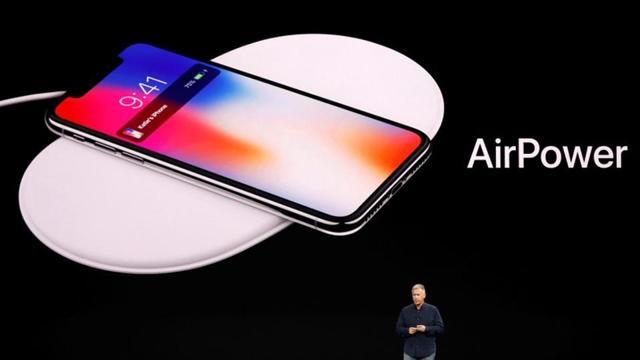

Average Indian spends over 1,800 hours a year on smartphone: Study
Thanks to the affordable data plans and devices, Indians are hooked to their smartphones and the latest study by Vivo and Cybermedia Research (CMR) highlights exactly that.
The study reveals that an average Indian spends more than 1,800 hours a year on their smartphone, which is one-third of their waking hours.
More than half of the respondents have never tried to switch off from their social handles and admit to finding it difficult to live without their phones, the official release said.
ALSO READ: Amid tech turmoil, celebration at global electronics show
The impact and influence of technology are such that one in three people feel they can't even have a five-minute conversation with friends and family without checking their phones.
However, people are also aware of the significant level of addiction to smartphones they have.
73 percent of respondents agree that the current rate of smartphone usage is likely to impact one's mental or physical health, whereas three out of five people say it is necessary to have a life separate from a mobile phone.
Catch all the Latest Tech News, Mobile News, Laptop News, Gaming news, Wearables News , How To News, also keep up with us on Whatsapp channel,Twitter, Facebook, Google News, and Instagram. For our latest videos, subscribe to our YouTube channel.























